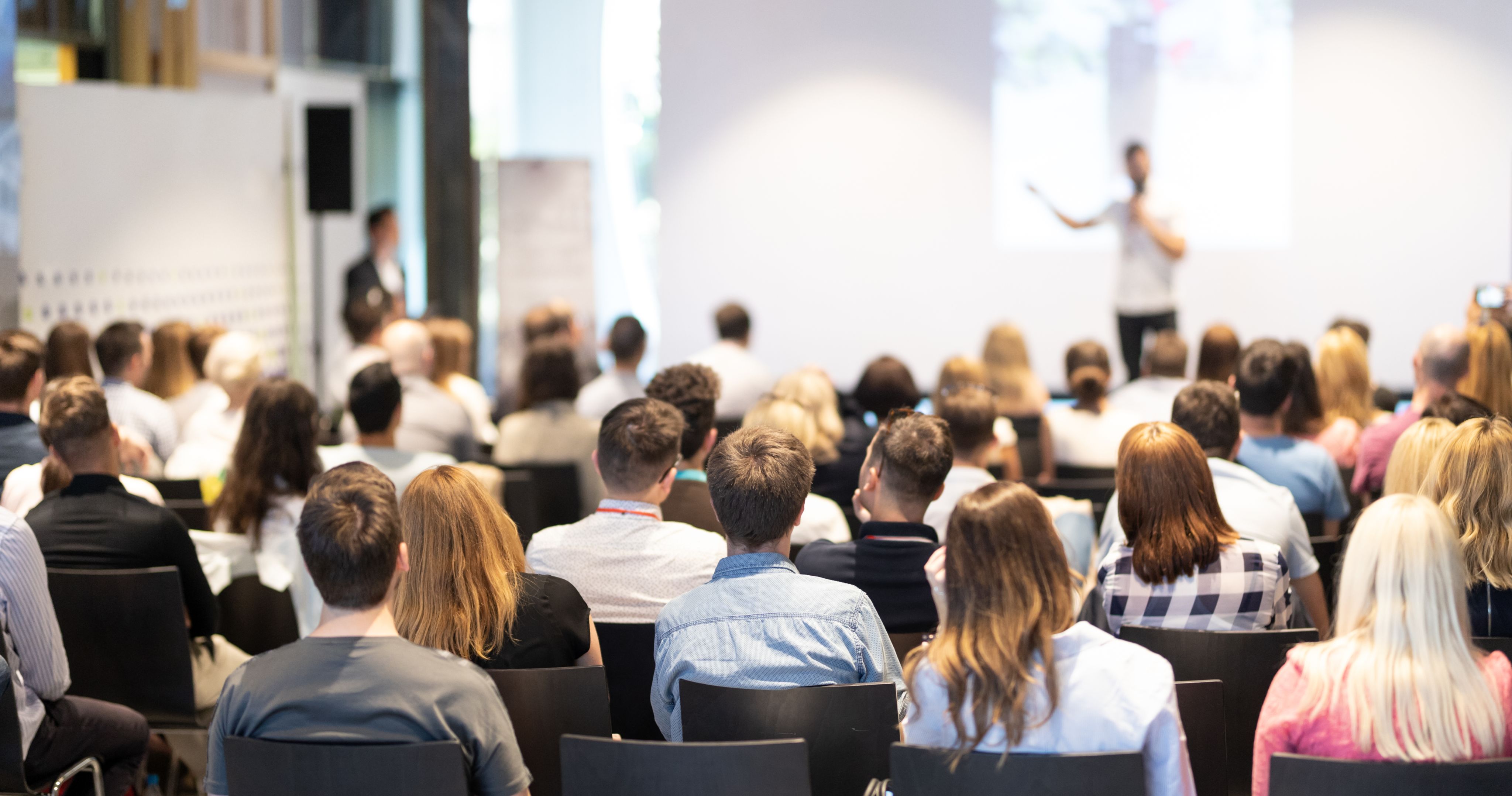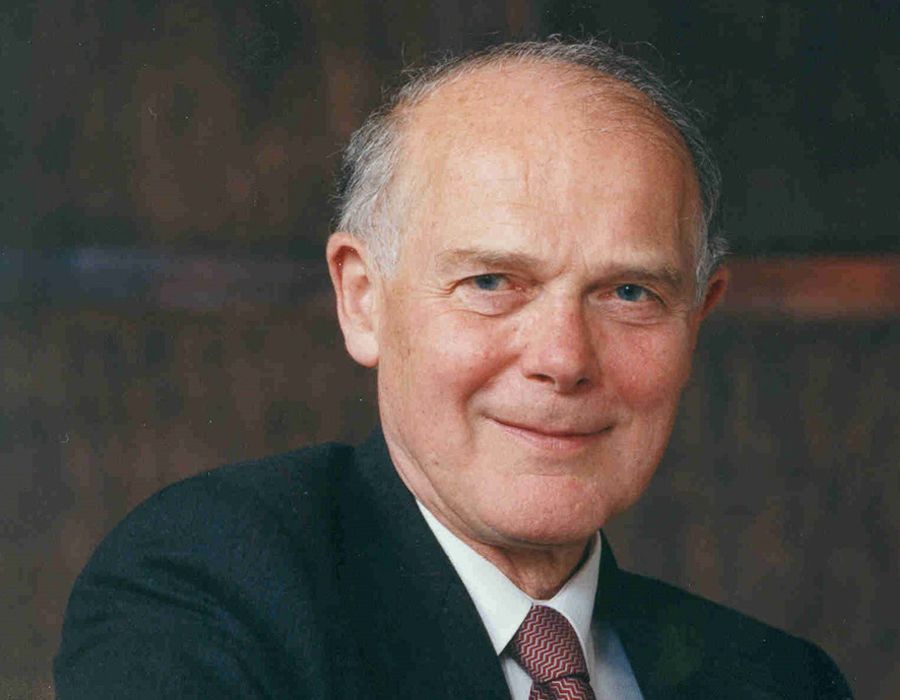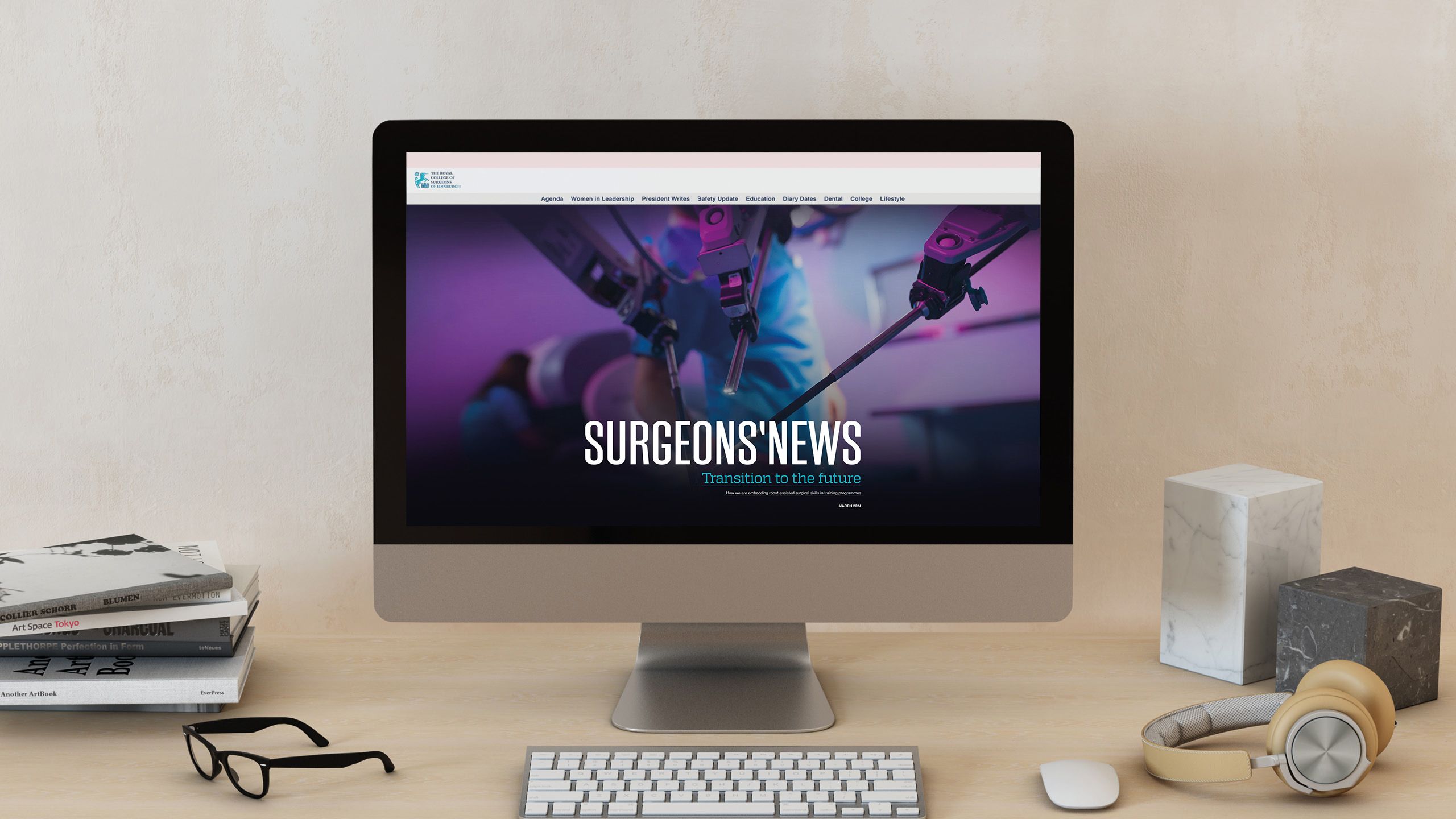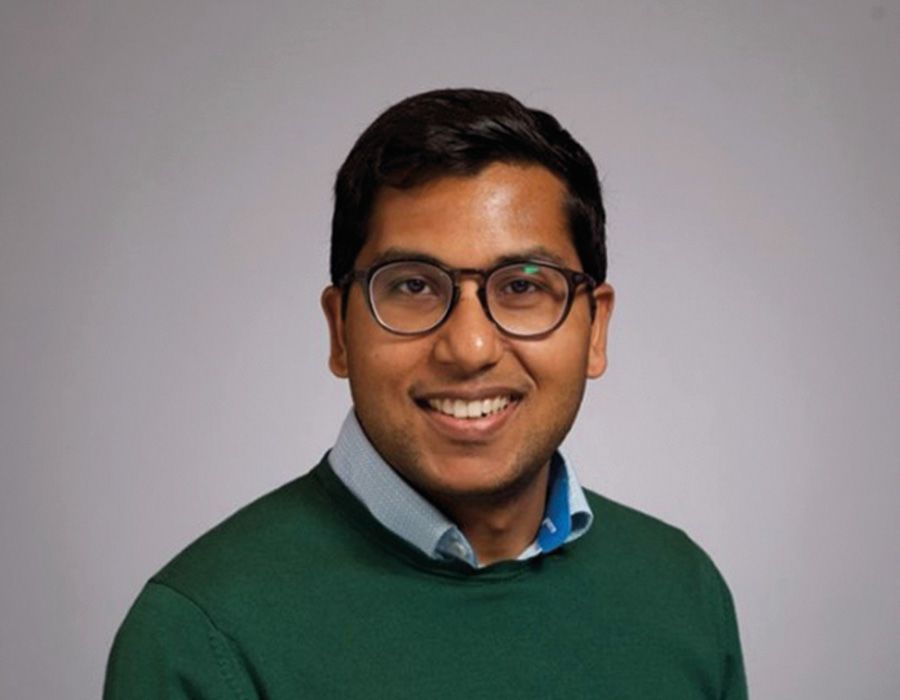Agenda

SASLC conference diary date
The RCSEd’s SASLC committee is excited to announce plans for its next conference, promising to enrich knowledge and equip SAS/LED colleagues with practical tips to achieve a fulfilling career.
Experts will deliver talks in Birmingham on 16 October on topics that matter the most: the Portfolio Pathway, SAS workforce empowerment, LED contract stability, support for SAS dentists from RCSEd, establishing a new service in the NHS and much more.
Our popular post-lunch interactive workshops will cover how to gather evidence and submit the Portfolio Pathway, how to navigate a multidimensional, successful and fulfilling career and how to master QIP projects.
Of course, the event is also a great opportunity to meet and network with the College’s President, Vice-Presidents, Dean of the Dental Faculty and other SASLC committee members and colleagues from across the UK.

Remembering
John Gould
The RCSEd would like to pay its respects to John Ferguson Gould, former RCSEd Faculty of Dental Surgery Dean during 1989–1992, who has sadly passed away. John’s lasting legacy lives on within the College in many of the activities and relationships he developed, but overall his fellowship and friendship with everyone associated with RCSEd is remembered fondly.
Read the College’s full tribute to John on the RCSEd website.

Log in and stay tuned
We hope you are continuing to enjoy our Surgeons’ News digital hub, which brings you enhanced content in a more interactive and sustainable way. Stay tuned for more exciting additions as we develop our digital offerings further.

Benefits of mentoring
Andrew Diver, Regional Surgical Ambassador for Northern Ireland, shares his experience with the RCSEd Mentor Development Programme
I was privileged to be one of the first Fellows to be trained as a mentor in the new programme. Mentoring has been present informally since the inception of surgery when the first surgeons attempted to pass on skills and knowledge, guiding career development.
We attended four days over a period of several months, and had the privilege of being trained in mentoring by Nancy Redfern and her anaesthetist colleagues. They have developed a very successful programme within their specialty, using Egan’s Skilled Helper Model (developed in 1975). This is a model used in counselling or coaching situations with the objective of lasting change and empowering people to more effectively address their own problems and develop unused skills and opportunities. A formal mentoring programme requires trained mentors, willing mentees and a matching programme. Essentially, the mentor’s role is to help the mentee help him or herself.
The Egan model has three stages:
1. Exploration: what is going on?
Here, the mentor themself uses techniques such as active listening, attention giving, empathy and acceptance, summarising, paraphrasing, focusing and judicious use of questions.
2. Challenging: what do I want instead?
Techniques include asking how others might view this, how would you describe someone else going through this and goal setting (is there an area, however small, where progress can be made?).
3. Action planning
Useful questions include what are the possible ways forward, which feel best, what will you do first and when (specific goal setting).
To watch a highly skilled mentor at work, particularly when the mentee on the course brings a genuine and jugular problem to the table, can be quite moving and inspiring. Often there is an ‘aha!’ moment where the mentee sees a way through the proverbial clouds. It is especially effective since the mentee has been guided and empowered to find the answer themself.
I would encourage every doctor to train as a mentor. We all have had informal and perhaps some formal mentors to some extent. If this mentoring is delivered in a way which is proven to be most effective and empowering, it can only benefit the whole profession and, ultimately, our patients.
A voice for dental trainees

The Faculty of Dental Surgery is pleased to announce Don Jayawardena’s election for a three-year term representing dental trainees on our Dental Council and the RCSEd Trainees’ Committee. A Specialty Trainee in Restorative Dentistry at the Royal London Hospital, Jayawardena brings extensive experience across multiple specialties, including oral surgery, OMFS, restorative dentistry and special care dentistry, gained in various locations such as Cardiff, Bristol and Manchester. Additionally, he served as a Leadership Fellow in the Midlands/East of England, contributing to projects such as national guidance on denture loss in hospitals and care homes, and educational programmes for HEE. He has published several papers in peer-reviewed journals, focusing on topics such as assessing restorability and the latest periodontal classification.
Jayawardena’s motivations for seeking this role include the significant impact the College has on trainees’ lives, guiding postgraduate teaching and examinations. He aims to advocate for trainees’ interests on Council, drawing from his previous experience as a Leadership Fellow. He seeks to understand the decision-making processes on Council and contribute to alleviating trainees’ burdens.
Regarding the implications for his dental career, Jayawardena anticipates increased involvement and responsibilities. He looks forward to participating in various projects related to sustainability and education. Being a Member on Dental Council will offer him opportunities to network with esteemed professionals and enhance his leadership skills. He intends to remain accessible to fellow trainees and welcomes the chance to represent their concerns at Council meetings. In terms of career goals, he aims to excel as a clinician in restorative dentistry while developing his leadership and management skills. He believes his involvement with the College will positively impact his career trajectory, providing opportunities for growth and networking with peers and mentors.
As the elected Trainee Member of Dental Council, Jayawardena will play a crucial role in representing trainees’ perspectives across the Faculty’s activities, including training, education and assessment. He will attend Dental Council meetings and represent the Faculty on the RCSEd Trainees’ Committee.

